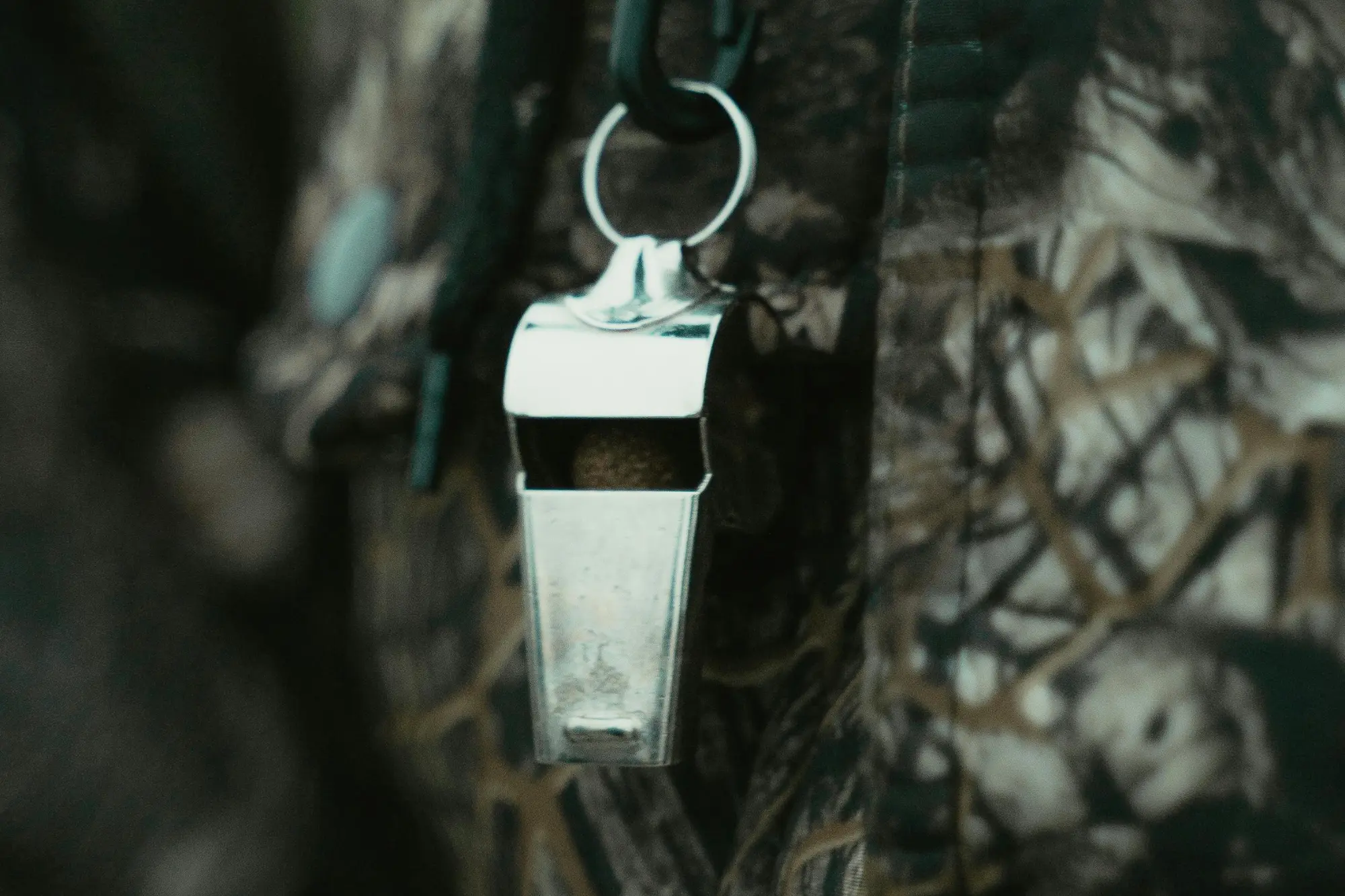
Protecting Your Workplace: A Guide to Investigating Workplace Accidents
According to the Health and Safety Executive (HSE), there were 561,000 non-fatal injuries at work in the UK between 2022 and 2023. That roughly equates

According to the Health and Safety Executive (HSE), there were 561,000 non-fatal injuries at work in the UK between 2022 and 2023. That roughly equates

Patient safety in healthcare is affected by a multitude of factors from communication to human factors and technology. Improving patient safety is an ongoing process

When it comes to writing an investigation report you may find yourself wondering where to start or how to bring together all of the evidence

Whistleblowing can be a complex and challenging process for workers, often involving significant personal and career risks. Visibility and discussion of whistleblowing have increased due

While it may seem like just another acronym in the healthcare landscape, PSIRF represents a significant shift towards a system-based approach to patient safety, offering

Healthcare providers often face intense and dynamic situations which can result in avoidable harm to patients. Understanding human factors in healthcare can help to empower

The intelligent use of data and technology can play a significant role in managing clinical risk in both the private and public healthcare sectors. Harnessing

One of the human’s great strengths is its adaptability. This endows us with resilience in changing situations or circumstances never before experienced. However, this same

We humans have gleefully embraced rapidly advancing science and technology, which is perhaps strange because inside us, and crucially inside our brains, little has changed

People make mistakes, we call it human error. In healthcare sometimes an error results in a patient being harmed. When this happens what is the

As an employer, you may feel it necessary to carry out disciplinary procedures, but before this can happen a disciplinary investigation is required. Organisations may

The use of WhatsApp at work is increasing and with it are the potential pitfalls for both employers and employees. The popular instant messaging platform